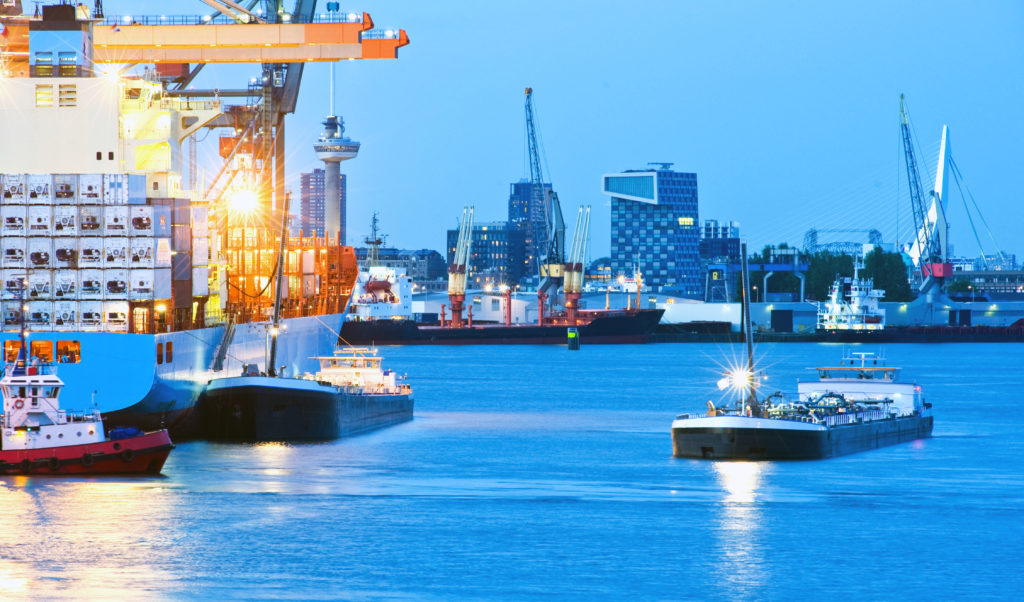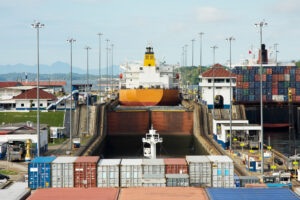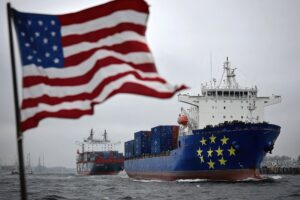
Photo: 11366476©Corepics Vof | Dreamstime.com
Chief Executives and leaders of 12 leading ports have agreed to extend the World Port Climate Action Program (WPCAP) with a new focus on shore power, new fuels and green shipping corridors.
The agreement reached at a meeting in Rotterdam on the occasion of the first five years of the program will see work continued toward faster adoption of shore power at ports, helping to reduce emissions of CO2 and pollutants while ships are at berth.
The CEOs discussed the benefits of shore power, including improved air quality and a better working environment for shipping crews. They also exchanged views on stimulating its further adoption, noting that terminals and shipping lines also have an important role to play in this.
Jarl Schoemaker of the Port of Rotterdam Authority said “We saw a shift from a situation where ports developed a few projects to large scale investment programs – the WPCAP ports present here in Rotterdam are planning more than 160 connection points with a total investment plan of more than 500 million euros. But we’re not there yet: various global ports are still lagging in this area even though studies show that shore power will have a tremendously positive impact, both short term and in the long run.”
The second focus area for WPCAP in the coming years is to facilitate the bunkering and adoption of cleaner fuels. The ports have worked with the IAPH Clean Marine Fuels working group to create a Port Readiness Framework, a self-assessment and communications tool that allows various stakeholders to understand the different levels of research, development and deployment of new fuels at ports around the world.
The tool is expected to be ready for voluntary use by ports towards the end of the year.
Green corridor initiatives are seen as key to facilitate the deployment of fuels in practice, particularly on longer international shipping routes.
“There has been a lot of talk about the need to shift to new fuels in the industry and multiple green corridor initiatives have been announced to address this”, says Heather Tomley, Managing Director of Planning and Environmental Affairs for the Port of Long Beach, California. “Now it is time to put this into action and work together as ports to bring fuel suppliers and shippers on board so that we see the first sustainable vessels on these international routes within the next few years.”
WPCAP member ports are already part of five green corridor initiatives, spanning routes around the globe from Singapore and Shanghai to LA, Vancouver and Rotterdam, and WPCAP members agreed to set an example and enable the deployment of more low- and zero carbon vessels along these routes in the coming years.
“The world has changed drastically in the past five years and climate is at the top of the international agenda today, including in the shipping industry”, said Allard Castelein, CEO of the Port of Rotterdam. “This is in part due to programs like WPCAP, and we still have an important role to play. The industry still needs leadership by ports and we need to prove now that we are part of the solution and can create momentum for real change.”



